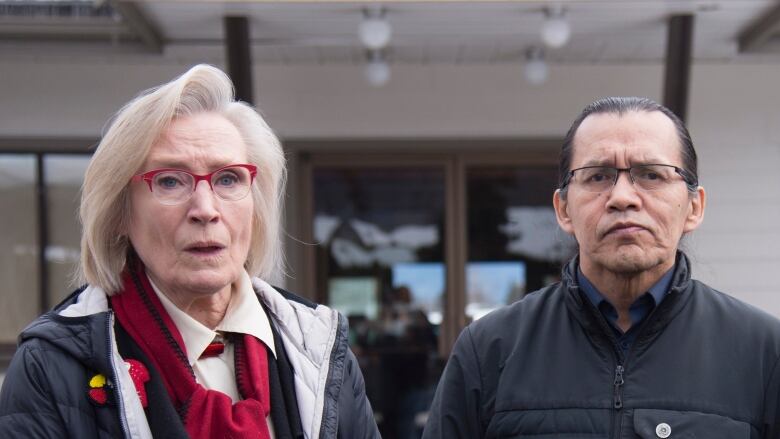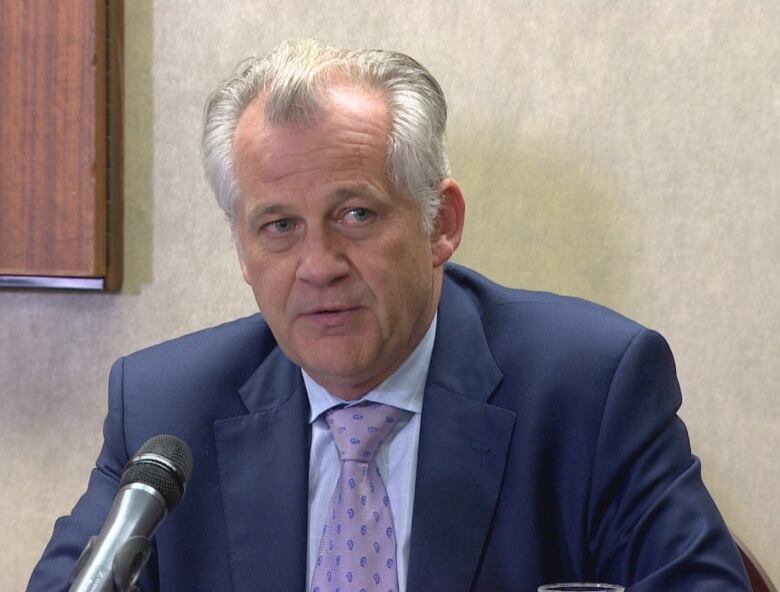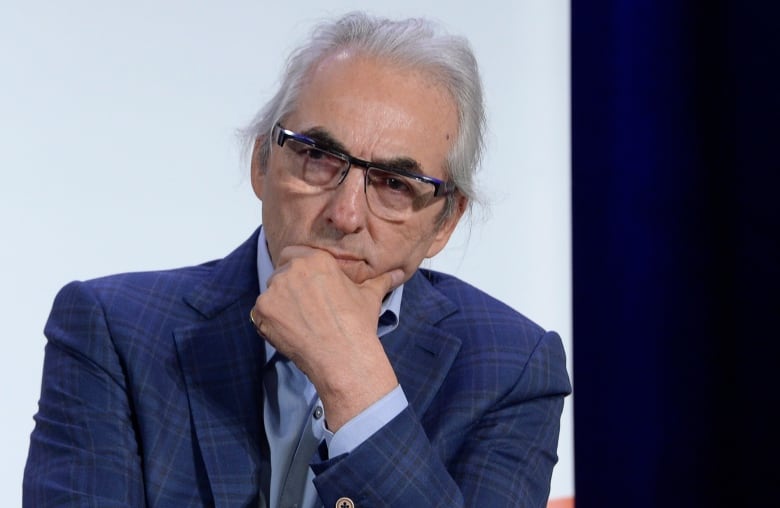Signing of Wet'suwet'en agreement could land Ottawa in court
Demands for minister's resignation unhelpful, former AFN national chief says

Despite objections from some elected leaders of theWet'suwet'en First Nations, the federal and B.C. governments plan to sign an agreement with the hereditary chiefs that charts a path for transferring jurisdiction oftheirterritory to its traditional leadership, a group that includes those same hereditary chiefs.
The agreement, a memorandum of understanding (MOU), aims to avoid a repeat of last winter's cross-country protests and rail disruptions that supported the hereditary leaders against the construction of a natural gas pipeline through Wet'suwet'en unceded ancestral lands.
While the MOU doesn't resolve the ongoing dispute over the Coastal GasLink project, it sets out steps for preventingconflict over future resource development by recognizing that the traditional Wet'suwet'en governance system holds rights and title to their 22,000 square kilometres of territory in northern B.C.
But some elected Wet'suwet'en leaders have raised concerns over how the MOU was crafted, and that they weren't consulted either in its development or during the ratification process.
They have retained legal counsel and are exploring a possible legal challenge, said Wet'suwet'en First Nation Chief Maureen Luggi.
"It's completely appalling that they [the federal and provincial governments] insist on moving forward with this," said Luggi, one of four elected chiefs who are trying to stop the MOU's signing.
"What is going to be happening on our lands, our resources? What does this mean regarding jurisdiction? Does this mean major economic development projects will now be delayed? There's so much uncertainty."
Ottawa could be in for a court battle, according to one constitutional expert.
"It seems a bit risky to have completely bypassed the band councils without their consent, without their agreement at least,"said Robert Janes, a managing principal of JFK Law in Victoria who focuses on Aboriginal and constitutional litigation.
Janes couldn't say whether the elected chiefs have a good case, but said he wouldn't be surprised if legal challenges surfaced because the rights of hereditary versus elected chiefs is still up in the air.
In the 1997 Delgamuukw decision, the Supreme Court of Canada acknowledged Aboriginal title could exist and could be held by the larger collective rather than individual bands, and that the traditional governance of that body could be the hereditary chiefs, said Janes.

The word "could" is key because the Supreme Court never made a final decision, according to Janes. The high court found the trial judge made mistakes in the case and sent the matter back to trial, which has not yet taken place.
"In this case, Delgamuukw opened the door for looking at the hereditary chiefs," Janes said.
"But Delgamuukw didn't necessarily say that was the right door or that it was the only door."
But Cynthia Callison, a partner with Callison & Hanna in Vancouver, calls the MOU a natural progression from Delgamuukw.
"This MOU specifically states that they [the Wet'suwet'enpeople]aren't being asked to give up Aboriginal rights or Aboriginal title," said Callison, who specializes in negotiating agreements between Indigenous peoples, governments and resource developers.
"This MOU is a recognition of the Delgamuukw decision and an opportunity for the Wet'suwet'en to implement that decision instead of having to go back to court."
The MOU is an example of the different shapes these types of agreements can take and won't necessarily lock any other Indigenous nation into the Wet'suwet'en framework, she added.
"Every Indigenous nation's right to self-governance and recognition of actual title looks different" she said.

The Wet'suwet'enissue is not easy to address, saysPhil Fontaine, former Assembly of Nations (AFN) national chief. And he says he understands whyMinister of CrownIndigenous RelationsCarolyn Bennettand B.C.'s Indigenous Relations and Reconciliation Minister Scott Fraser chose the current path, even though "the elected chiefs and councils and their citizens have been largely left out."
Bennett and Fraser have "done a very effective job of bringing together that community," Fontaine said, adding that calls by some of the elected chiefs for the former's resignation were not "helpful."
Current AFN National Chief Perry Bellegarde wrote Luggi on Wednesday saying he would help set up a meeting between elected chiefs and Bennett to discuss their desire to postpone the MOU.
"I strongly support a peaceful and inclusive resolution and know that this can be found between all members of the Wet'suwet'en, if the dialogue and communication is open and meaningful," Bellegarde wrote.
Fraser says the elected leaders would be involved in the talks that will flow from the MOU.
"We have a lot of work ahead of us in recognizing and implementing Wet'suwet'en rights and title," he said in an emailed statement.
"Reunification within the Wet'suwet'en governance structure is one of the topics for discussion within the MOU, and that will be key to this work moving forward successfully."













_(720p).jpg)


 OFFICIAL HD MUSIC VIDEO.jpg)
.jpg)



























































































